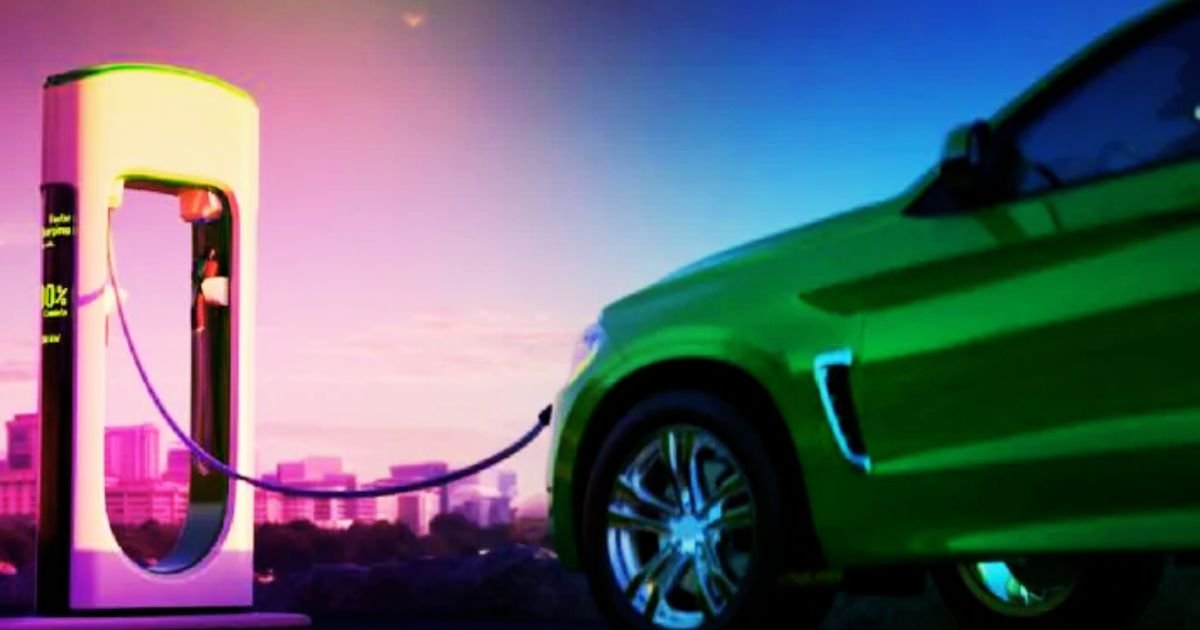The Federal government of India has lastly announced the much-awaited new EV policy cars, which was understood in industry circles as the ‘Tesla policy’. In all fairness, it’s a really well-balanced one, and one that might put India on the global EV production map yet once again.
This relocation might assist in the likes of Tesla and VinFast to seed their brand names in an extremely competitive market, and it’s also expected to welcome billions of dollars of foreign straight financial investment (FDI) into the EV production area in the coming decade, which will certainly be implemented with a solid local car parts ecological community. What’s even more, it is not just new gamers who can avail of take advantage of this policy but additionally existing players that intend to buy EVs, thus ensuring a level playing field
The advancement is most likely to incentivise the likes of Foxconn and MG Motor (via JSW), besides Tesla and VinFast, to generate global designs quickly right into the Indian market, at an attractive cost. It could also attract mainstream gamers like Ford and Volkswagen to buy the Indian electric automobile market.
Read- Kirron Kher, 71, Gets Swanky New Mercedes Auto Worth 1.65 Crore
In India, international vehicle makers see an economy that is poised to be the fastest growing amongst huge economic situations, with a growing per head and large consumer base, with sub-optimal cars per capita. Contribute to that its low manufacturing expense base, mature vehicle component community, and currently, good production policies, and the country has all the right active ingredients to be an affordable production base to deal with international markets.
Undoubtedly, practically every multinational company is most likely to utilize India as an export base for EVs. With EVs anticipated to represent 15-20 percent of the marketplace by the end of the years, it will certainly be huge export volumes that will drive the viability of neighborhood EV production.
Market leader Maruti Suzuki has actually announced, also before introducing its very first EV in India– the eVX– that it will certainly be exporting its made-in-India EVs to Europe and Japan. Suzuki’s rival Honda Cars India is likewise establishing the Oriental Compact Electric Car system that will offer global markets. The likes of Hyundai, Kia, Toyota, Stellantis and Volkswagen have EVs on their radar that they intend to ship globally.
An equal opportunity.
The plan that lowers import tax, which was earlier opposed by several residential automobile makers, appears to be fair, given the greater price limit of USD 35,000 (around Rs 30 lakh), and the quantum of cars being topped at 8,000 devices per annum. Tata Motors and Mahindra & Mahindra– the early movers in the EV room– are already being shortlisted to gain from the Federal government of India’s production-linked incentive system– a 13-18 percent advantage will enable the organic carmakers to use close to half a dozen options in between them within the next three years.
The move is readied to galvanize the Indian electrical car ecological community and spoil consumers with the most effective of both worlds. They will certainly not just reach choose a zero-emissions individual movement lorry from Tesla and VinFast but also urge legacy gamers like Tata, Mahindra, Maruti, and Hyundai to provide a competitive version with a highly localised option.
